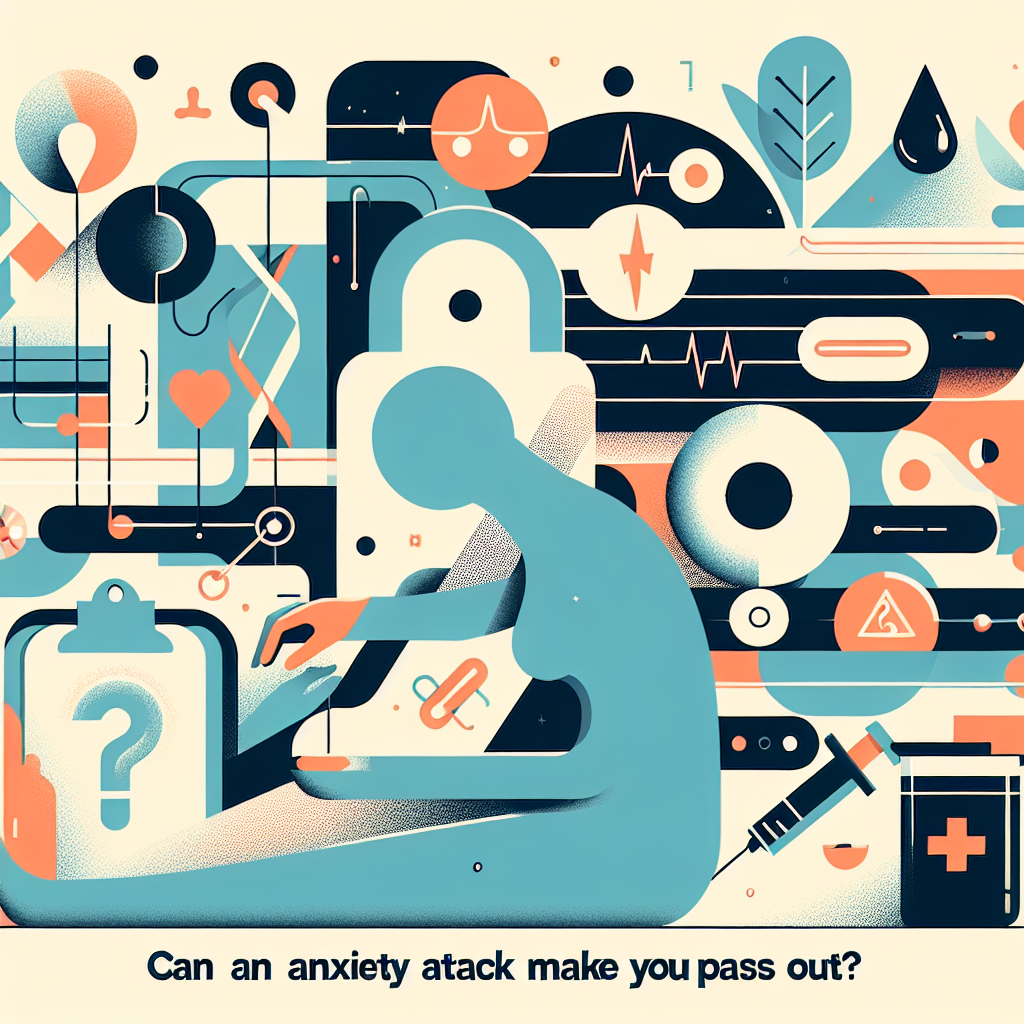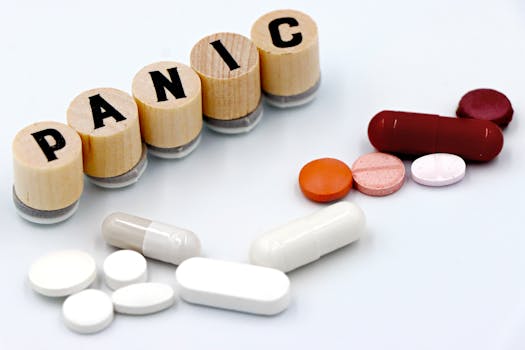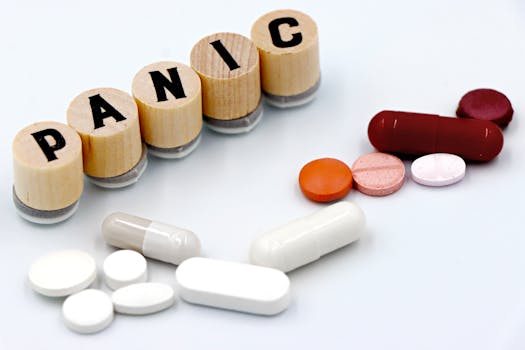Could an Anxiety Attack Cause You to Lose Consciousness?
Many people wonder, “Can an Anxiety Attack Make You Pass Out?” The short answer is: it’s uncommon, but possible under certain circumstances. Anxiety attacks and panic attacks produce intense physical sensations — palpitations, dizziness, sweating, and lightheadedness — and in some cases these can progress to fainting. Understanding how and why this happens helps you respond safely if it occurs and reduces future risk.
How fainting and panic attacks differ
Fainting, or syncope, is a brief loss of consciousness resulting from reduced blood flow to the brain. Panic attacks are intense episodes of fear or discomfort that peak within minutes and often include rapid breathing and a strong fight-or-flight response. While panic attacks make many people feel like they might pass out, true loss of consciousness is less common. Mechanisms that link the two include hyperventilation-induced changes in blood chemistry and a vasovagal reflex triggered by extreme stress.
Why anxiety might lead to fainting
There are a few pathways by which emotional stress or an anxiety attack could cause you to faint:
- Hyperventilation: Rapid, shallow breathing lowers carbon dioxide levels in the blood and can cause lightheadedness, visual changes, and in some people, brief loss of consciousness.
- Vasovagal response: Strong fear, pain, or distress can activate the vagus nerve, causing a sudden drop in heart rate and blood pressure, which reduces cerebral perfusion and leads to syncope.
- Orthostatic factors: Standing for long periods or getting up quickly while anxious can combine with peripheral pooling of blood to produce fainting.
Is it common — and who is at risk?
Most people who experience panic attacks do not faint. However, those with a history of vasovagal syncope, dehydration, low blood sugar, certain medications, or cardiac conditions have a higher chance. If you ask, “can stress make you pass out?” the honest response is that stress can contribute as one factor among several, especially when physiological vulnerabilities exist.
What to do if you feel like you might pass out
If you feel lightheaded or dizzy during an anxiety episode, take immediate steps to reduce harm. Sit or lie down and elevate your legs if possible — this helps restore blood flow to the brain. Focused breathing (slow diaphragmatic breaths) can correct hyperventilation and calm the nervous system. If symptoms don’t improve rapidly, or if you lose consciousness, seek medical attention. For persistent or recurrent fainting, a medical workup is important to rule out cardiac or neurological causes.
Can u pass out from anxiety attack — practical management
Yes, can u pass out from anxiety attack is a question many ask after a frightening episode. Preventive strategies include staying hydrated, maintaining stable blood sugar with regular meals, avoiding triggers when possible, and practicing grounding or breathing techniques. Psychological treatments like cognitive-behavioral therapy (CBT) and stress-reduction strategies reduce the frequency and severity of panic attacks over time. If screens and constant notifications fuel your anxiety, a digital detox can help regain control — see descriptive anchor text.
When to see a doctor
Always consult a healthcare professional if you experience unexplained fainting or if you have risk factors such as heart disease, irregular heartbeat, or injury during a fainting spell. Your clinician may recommend tests like an ECG, blood work, or tilt-table testing to determine whether the cause is vasovagal, orthostatic, cardiac, or neurological. For a concise overview of the medical term for fainting, see this summary on syncope: https://en.wikipedia.org/wiki/Syncope.
Living with anxiety and reducing fainting risk
Long-term management focuses on reducing the intensity of anxiety attacks and improving physiological resilience. Regular exercise, adequate sleep, balanced nutrition, and learning breathing and grounding techniques lower baseline arousal. If you’re on medications that affect blood pressure or heart rate, review these with your provider, since drug effects can increase fainting risk.
- Recognize early signs (dizziness, tunnel vision) and sit or lie down immediately.
- Practice slow diaphragmatic breathing to correct hyperventilation and calm panic.
- Stay hydrated, eat regularly, and review medications with your clinician.
- Seek evaluation for recurrent fainting to rule out cardiac causes.
- Use behavioral strategies (therapy, stress reduction, and occasional digital breaks) to reduce attack frequency.
FAQ
Can anxiety cause you to actually faint?
Yes, anxiety can contribute to fainting in some people through hyperventilation or a vasovagal response, but true loss of consciousness during a panic attack is relatively uncommon.
What should I do if I feel like I might pass out during an attack?
Stop, sit or lie down, and elevate your legs. Practice slow, controlled breathing and sip water. If symptoms are severe or you lose consciousness, seek emergency care.
When is fainting a medical emergency?
Seek immediate medical attention if fainting is accompanied by chest pain, shortness of breath, palpitations, head injury, or if it happens repeatedly — especially if you have underlying heart disease.






